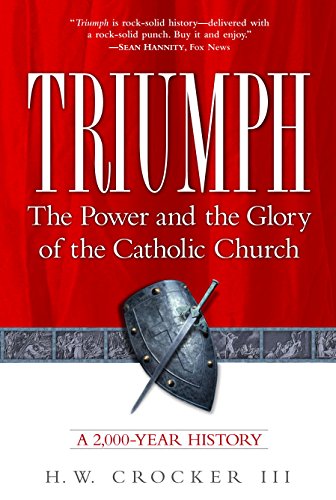
The Triumph of Christianity

While there are good reasons to suppose that the vast majority of early Christian converts were Jews, the marginal “God-fearers” were among the first to join, once it became clear that Christians didn’t have to become ethnic Jews. And there lay the monumental difference between these two great missionizing faiths. Early on, Paul had put it this
... See moreRodney Stark • Cities of God
Constantine’s adoption of Christianity was politically successful, whereas earlier attempts to introduce a new religion failed; but the earlier attempts were, from a governmental point of view, very similar to his. All alike derived their possibility of success from the misfortunes and weariness of the Roman world. The traditional religions of
... See moreBertrand Russell • History of Western Philosophy
“Christianity: The First Three Thousand Years”

